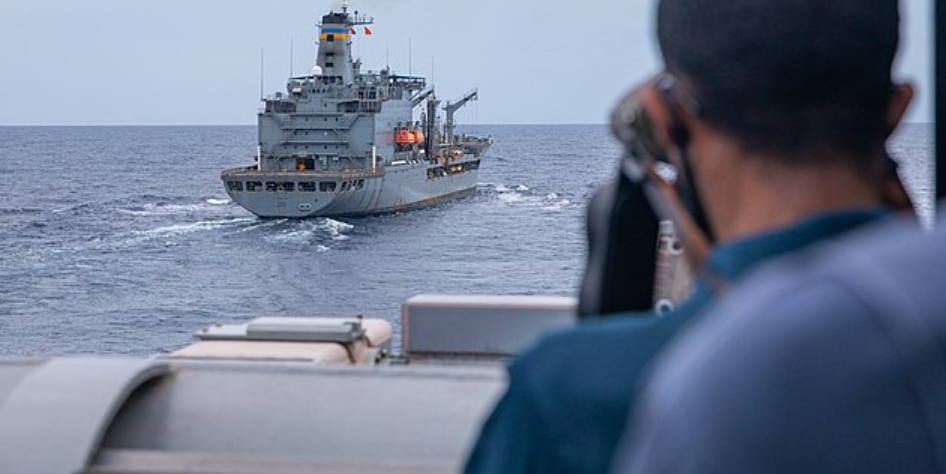China’s increasing provocations against Japan, the Philippines, and Taiwan are raising the stakes in the region.
Others are reading now
Tensions in the South China Sea and off the Japanese islands have been escalating as China intensifies its provocations against its neighbors.
From skirmishes with the Philippines to airspace violations near Japan, Beijing’s recent actions are causing alarm and increasing the risk of open conflict in the region.
Escalating Tensions
Japan recently condemned the violation of its airspace by a Chinese fighter jet, while skirmishes with the Philippines in the South China Sea are becoming more frequent.
According to Philippe Le Corre, a researcher at the Asia Society Policy Institute, these actions are part of China’s broader strategy to impose its influence not only in Asia but on a global scale.
Also read
But these diplomatic tensions could easily spiral into more serious conflicts.
The situation is particularly volatile with the Philippines, where recent months have seen multiple confrontations between Chinese and Philippine forces in disputed maritime territories. The Second Thomas Shoal reef and the Sabina atoll have become flashpoints for these clashes.
Growing Risk of Conflict
The French news site 20 Minutes reports that China is bolstering its military presence in the region, sending increasingly armed and better-equipped ships that have caused material damage to Philippine vessels.
The intention behind China’s aggressive maneuvers, including the recent flight of a military aircraft into Japanese airspace, seems to be to push the limits of international law and challenge its neighbors.
This has led to a rearmament among regional actors, who are strengthening strategic partnerships and military alliances. With more military assets on the ground and at sea, the risk of misunderstandings and accidental escalations is growing.
China’s Strategic Ambitions
Through these provocations, Beijing aims to establish its dominance in Asia and assert its leadership in the face of the United States and its allies.
The Philippines has recently moved closer to the U.S., forming a triangular alliance with Japan. This alliance is further supported by South Korea, which has also initiated closer ties with Japan despite historical tensions between the two countries.
China’s influence is not limited to military might.
Its economic dominance gives it leverage over many Southeast Asian nations, some of which have large Chinese communities that can exert pressure on their governments. Beijing is also expanding its influence by investing in Africa and attempting to increase its diplomatic presence in the Middle East.
These efforts have had mixed results.
For example, China has attempted to mediate in the Middle East, hosting Hamas and Fatah leaders in an attempt to foster reconciliation, and it has engaged with the Taliban in Afghanistan.
Despite these initiatives, China’s diplomatic influence remains limited compared to its economic and military power.


